The recent Eurasia Roundtable discussion, titled Report on the State of the World Order, featured insights from Tamas Magyarics, professor emeritus at ELTE University; Csaba Moldicz, head of the MCC School of International Relations and the MCC Foreign Trade Workshop; and Peter Szatmari, vice-rector for general and development affairs at Milton Friedman University. The panelists analyzed the evolving world order and Hungary’s role within it.
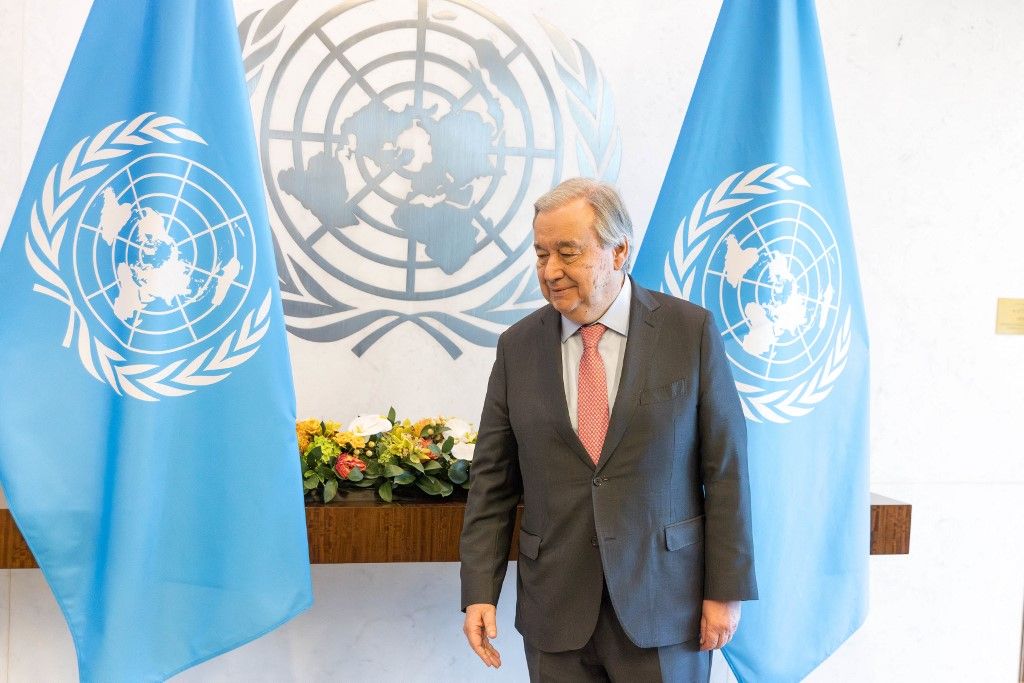
It seems that the U.S.-maintained institutional system which has ensured American primacy for decades, is either dissolving or being dismantled,
Tamas Magyarics pointed out, adding that
The United Nations has long been an unpopular institution in the eyes of Americans, and President Donald Trump prioritizes bilateral relations over multilateralism. In this process, NATO's role is also changing, though its maintenance remains in the interest of the United States," he explained.
According to Csaba Moldicz, the global order consists of three key components: global division of labor, military alliances, and financial systems. The most significant changes have occurred in the first area, with globalization giving way to deglobalization, and now transitioning into "reglobalization."
As for financial systems, the U.S. dollar remains dominant and is expected to continue its dominance. The idea of a BRICS common currency is unrealistic, and the Chinese yuan is not convertible—nor does China intend to make it so.
Peter Szatmari, analyzing the situation from a historian’s perspective, noted that Russia's foreign policy has remained consistent over time.
"Russia has always feared threats to its center, which is why it seeks to push its borders as far away from the core as possible,"
he explained.
The experts agreed that the role of various non-state actors is growing. In China, Communist Party representatives are embedded within companies, making them essentially hybrid enterprises. In Russia, the Western concept of a private sector as such does not function, and even in the U.S., major financial players are not entirely independent of the state.
Hungary can play an interpretive or intermediary role because we understand Eastern thinking better than most,
emphasized Peter Szatmari. According to Csaba Moldicz, Hungary's main challenge currently lies in its communication with Brussels.
We now find it easier to communicate with the United States. China is present in a commercial rather than geopolitical sense, making it easier to engage with them. And maintaining relations with Russia is essential,
he explained.
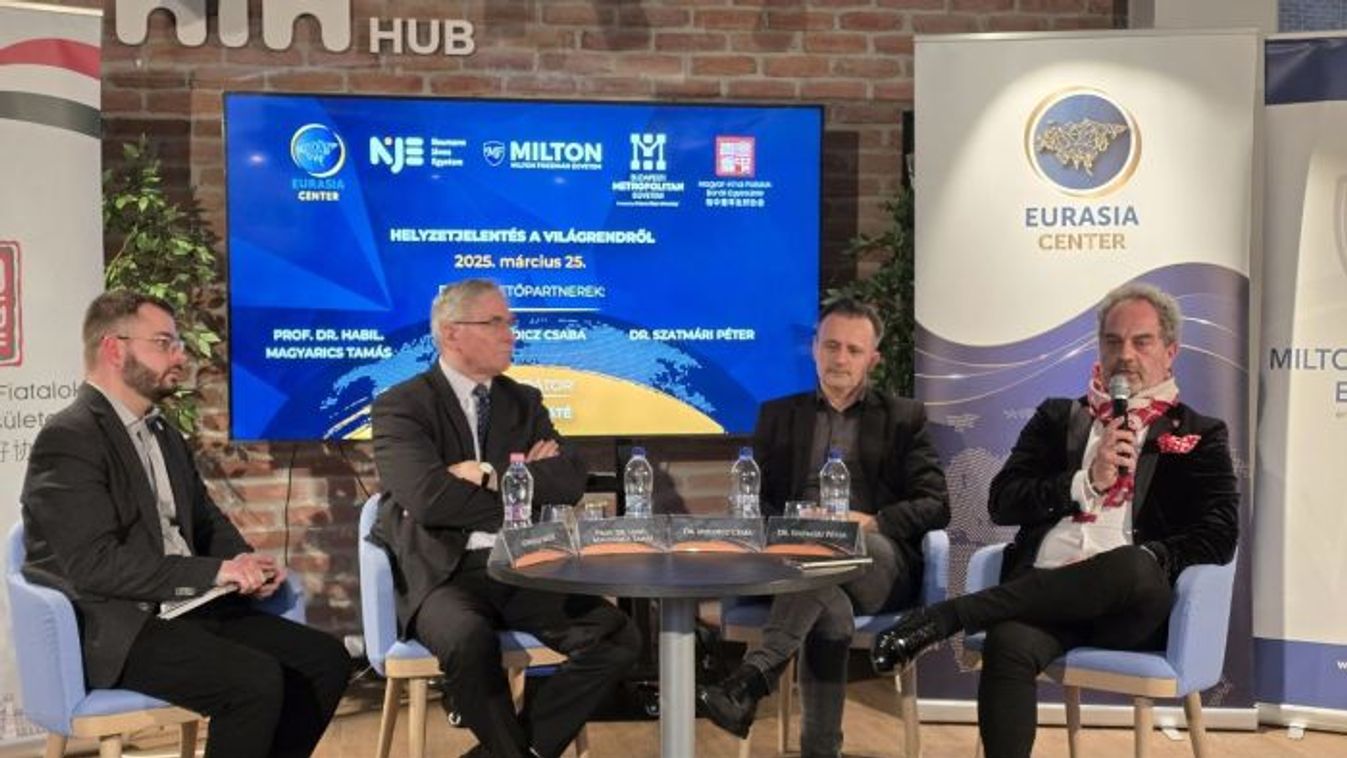
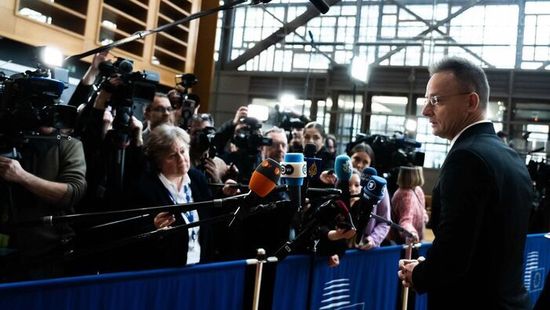
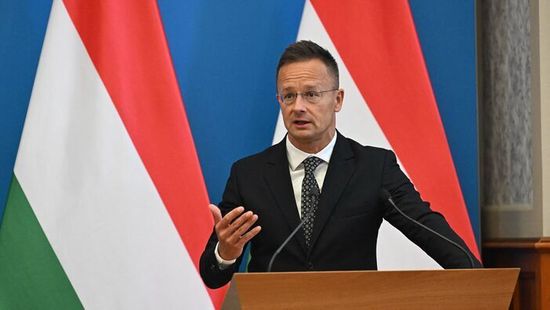

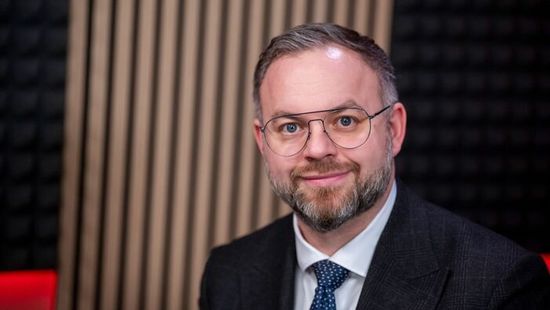

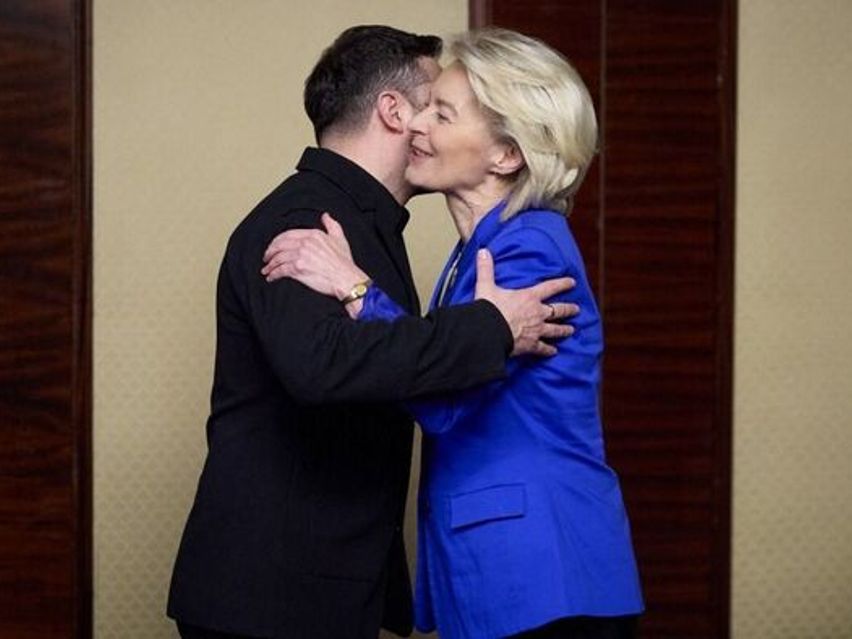
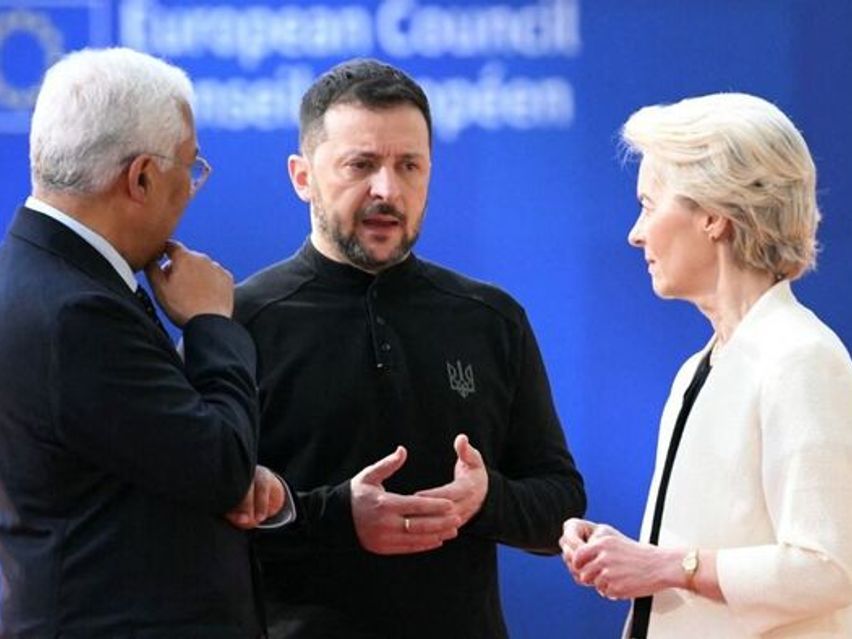
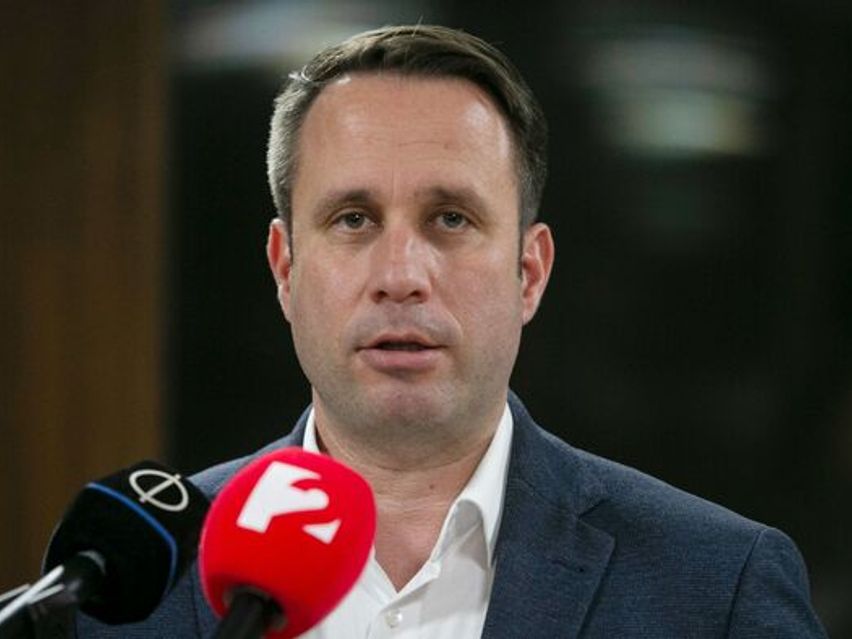
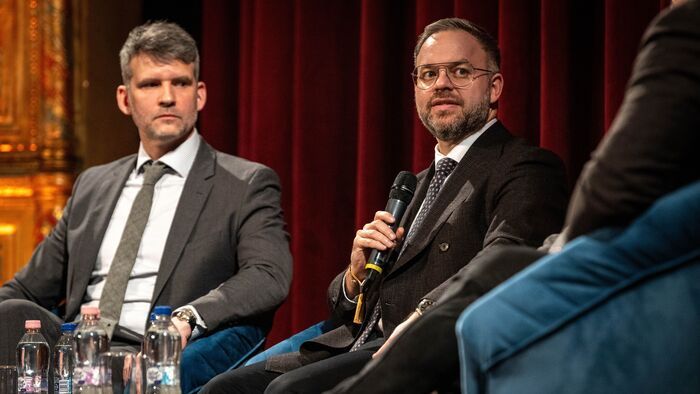


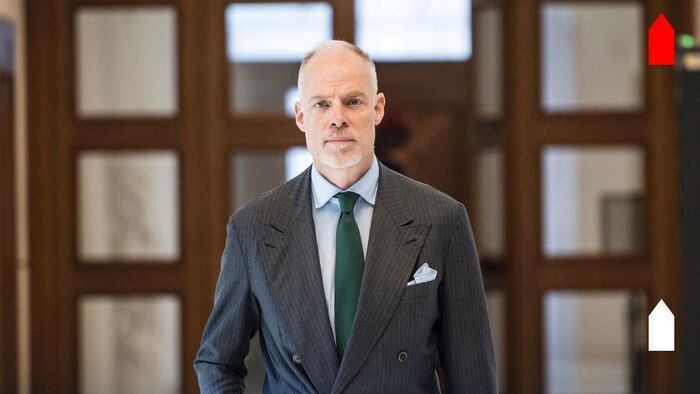

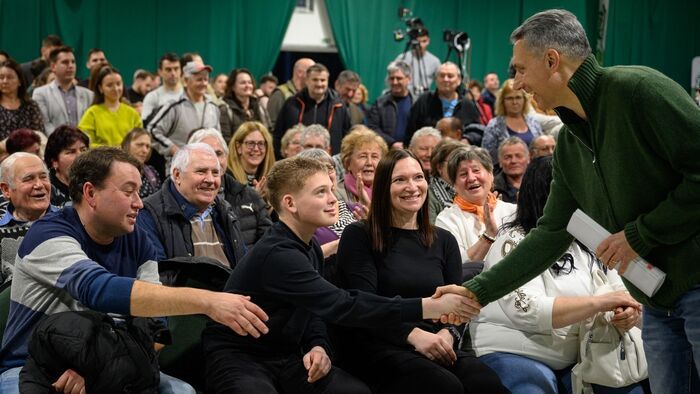
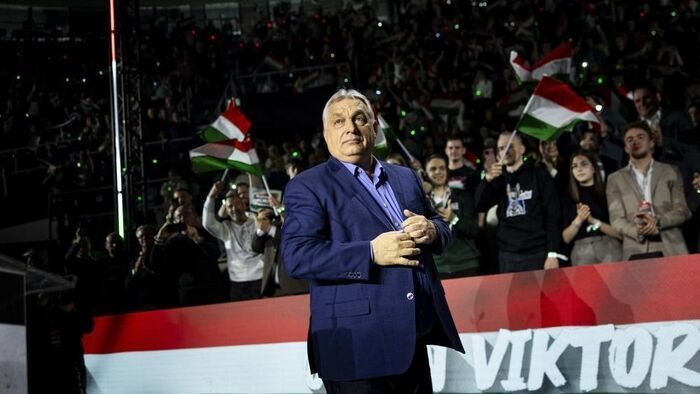
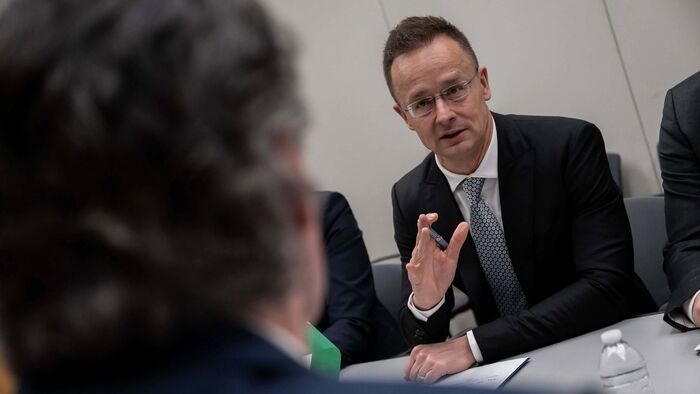
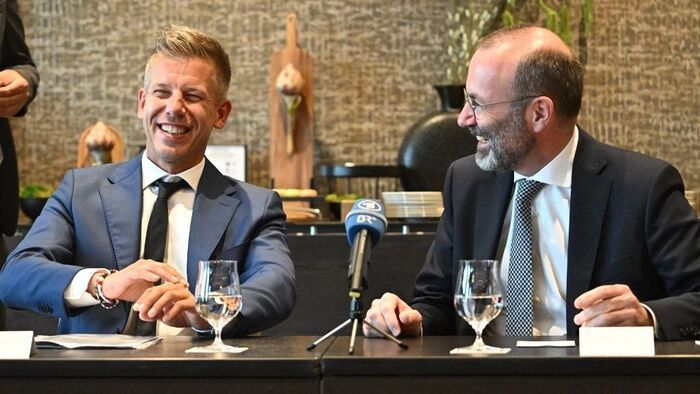



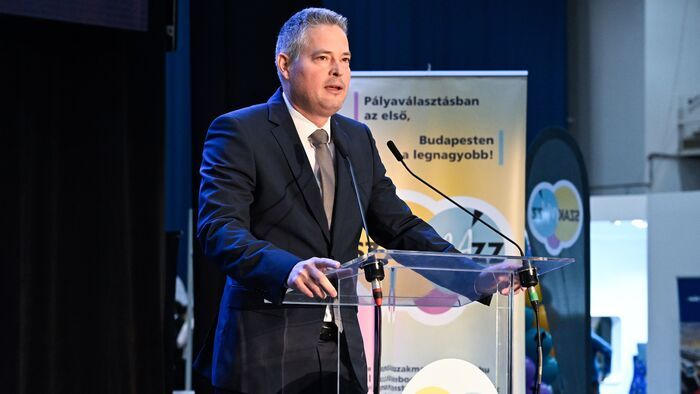

Szóljon hozzá!
Jelenleg csak a hozzászólások egy kis részét látja. Hozzászóláshoz és a további kommentek megtekintéséhez lépjen be, vagy regisztráljon!